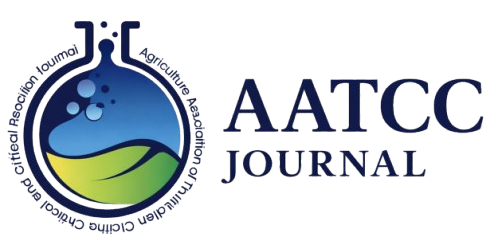Abstract
Seed production of lentil under rainfed condition faces significant challenges that impact seed quality
and yield. Water stress and inconsistent rainfall lead to reduced germination rates and poor seedling
establishment. Nutrient deficiencies in rainfed soils further compromise seed development, resulting
in lower seed yield and vigor. Additionally, plants grown under these conditions are susceptible to
diseases and pests, exacerbating yield losses. To address these challenges, innovative techniques like
seed priming play a crucial role. The present research examined how different pre-sowing seed
treatments influence the seed germination potential of subsequent lentil crops grown under rainfed
conditions. The experiment was conducted at Oilseed Farm, CSAUA&T, Kanpur, during the Rabi
seasons of 2019-20 and 2020-21 with two lentil varieties (K-75 -V 1 and KLB303 – V 2 ) and 14 pre-
sowing seed treatments following the Split Plot Design with three replications. Pre-sowing seed
treatments were done by soaking seeds in different priming solutions for 8 hours at 25±2 0 C. Treated
seeds were sown in the field and harvested at appropriate maturity. The germination potential of
freshly harvested seeds was tested in the laboratory. The result of the experiment revealed that KLB-
303 exhibited improved seed germination attributes as compared to K-75. Seed coating with BioNPK
and drought-alleviating bacteria on hydro-primed seeds excelled in germination behavior. This
treatment resulted in peak seed viability (97.31%), significant first count (77%), and final
germination (96%), along with faster germination speed (32.31), longer seedling length (20.69 cm),
higher seedling dry weight (0.091 g), and robust vigor indices (1987.61 for index-I and 8.93 for
index-II). Nutripriming using ZnSO 4 @ 0.3% + MnSO 4 @ 0.5% also showed encouraging outcomes.
